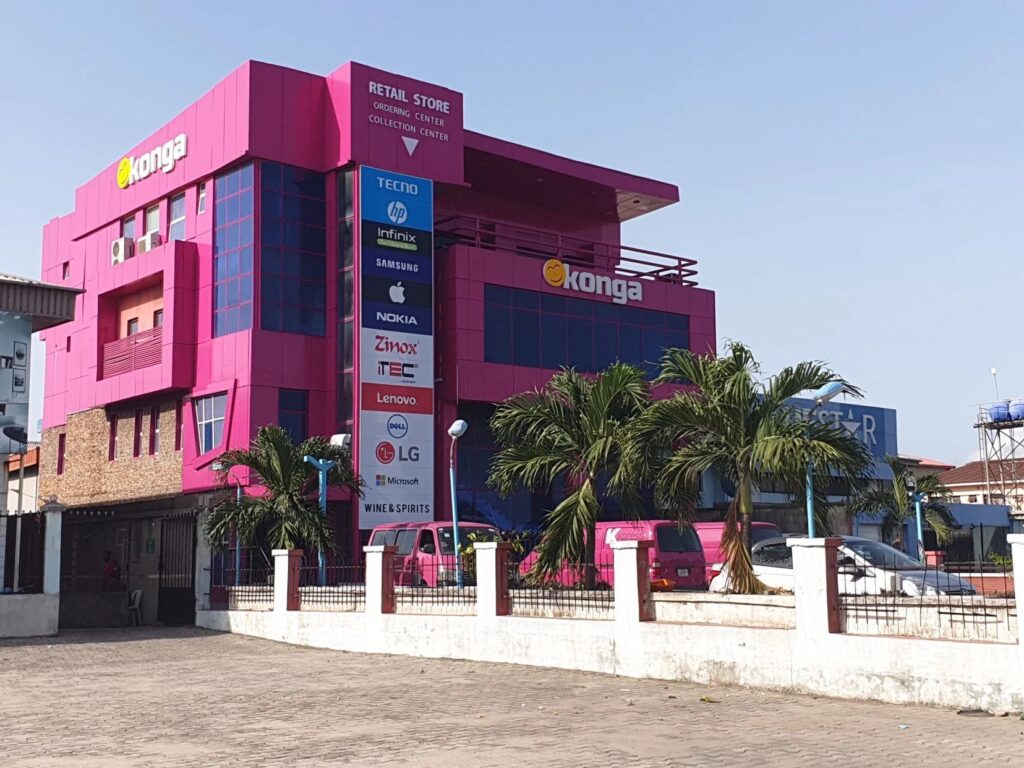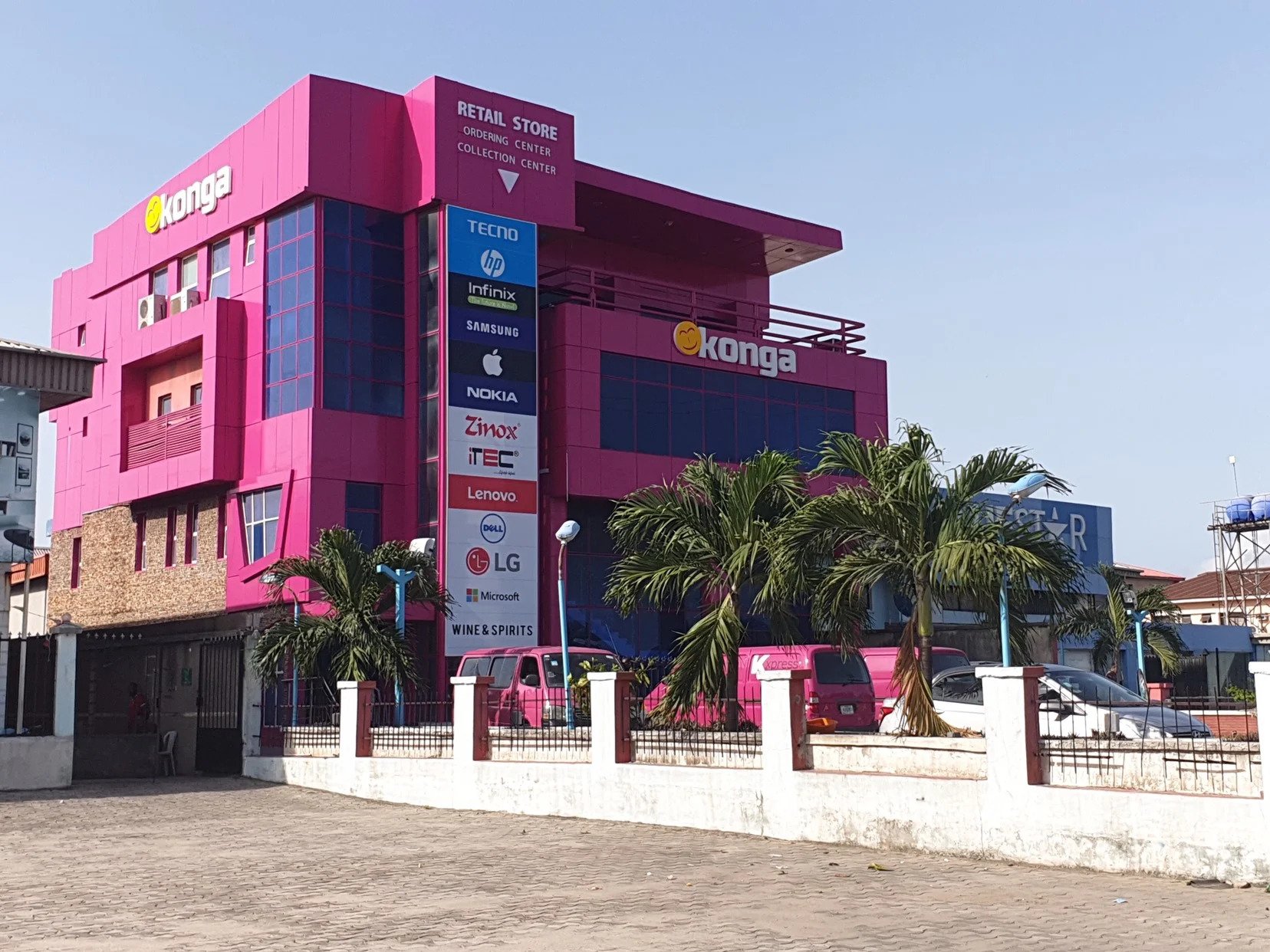Through my roles at major Nigerian retail and ecommerce players Spar and Konga, I gained firsthand exposure to the full lifecycle of fast-moving consumer goods – from branding and production to marketing, sales, and distribution.
At Spar Nigeria, a leading hypermarket chain own by Artee Group, I worked in web development and digital marketing. My daily tasks revolved around creating promotional landing pages to drive foot traffic to Spar’s physical stores. While I often advocated for fully embracing ecommerce, senior management resisted over concerns about the operational costs. Building out capabilities around payments, logistics, and site development requires major investments – likely outweighing near-term profits.

Additionally, the nature of Nigeria’s still-emerging ecommerce ecosystem poses barriers. Issues like low willingness to pay for delivery, failed “pay on delivery” payments, and missed connections with delivery personnel inhibit a seamless customer experience.
Over time, persisting infrastructure and logistics challenges may dissipate. Until then, Spar seems set on leveraging just digital marketing to route customers into its established in-person retail channels. However, I believe brands that find innovative ways to hurdle Nigeria’s unique ecommerce growing pains can unlock major opportunities down the road.
Again, the issue of pay on delivery is another problem plaguing ecommerce businesses in Nigeria. Another problem is that people generally don’t like paying for delivery and it doesn’t make sense to purchase a product for ₦2,000 and pay ₦1,500 for delivery. Finally, there is the issue of customers not showing up to collect their products when the delivery guy arrives.
Let me now provide some deeper insights into my time at Konga.com, one of Nigeria’s leading ecommerce brands. A bit of backstory first – Konga was initially founded by Sim Shagaya. However, after years of struggling to achieve profitability under his leadership, the company was acquired by Stanley Eke. This came during a period when all of Nigeria’s major ecommerce players faced heavy losses in their quest for sustainability.

Stanley Eke, however, had several strategic advantages upon taking over. One was his ownership of Technology Distribution (TD) Africa, a pioneer ICT distributor in West Africa representing major tech giants like HP, Microsoft, Samsung, HP, Microsoft, APC by Schneider Electric, IBM, Huawei, Dell Technologies, Cisco, D-Link, Checkpoint, Huawei, Lenovo, Philips, Infinix, Tecno, Oppo, Vivo, Logitech, Nokia, Bosch, Vertiv, Samsung, Zebra, and Mercury and Bosch. Essentially, TD dominated consumer tech distribution in Nigeria.

What does this mean – it meant that virtually all consumer tech products sold in Nigeria was from them, so both Jumia and other ecommerce companies were still very much their client, and Konga and TD Africa was basically own by the same man.
Stanley established a nationwide chain of physical Konga consumer tech stores, akin to brick-and-mortar showrooms. This enabled an omnichannel approach, allowing website orders for store pickup and reducing pressures from pay-on-delivery logistics issues plaguing Nigerian ecommerce.
This omnichannel approach allows customers to shop, browse, and make purchases through any channel they prefer (offline, online, mobile etc.) easily in a unified experience. This convenience retains and engages customers better. Making your brand available across more channels means more opportunities for customers to discover and buy from you, increasing sales potential.
To date, ecommerce remains challenging in the Nigerian market, with consumer goods companies hesitant to fully adopt online business models. In my view, this persisting struggle is tied to Nigerians’ limited purchasing power combined with a lack of trust in buying goods sight unseen.
Early ecommerce players further engrained doubts by introducing the “pay on delivery” concept in a bid to boost sales. However, this has reinforced perceptions that prepayment should not be necessary, undermining ecommerce progress.
While I don’t have all the answers for solving Nigeria’s complex ecommerce challenges, I’ve shared my on-the-ground observations from working with two leading retail and ecommerce brands. In my view, establishing stronger consumer trust is still a key area requiring focus. Companies need to actively leverage influencer endorsements, hyperlocal outreach, and transparency around reliability and pricing to build credibility in this unfamiliar space of online-only purchasing.
There are likely many other remaining hurdles around logistics, wifi penetration and consumer education inhibiting large scale adoption as well. But by emphasizing trust-building channels and messaging, ecommerce players can gradually shift consumer mindsets over time – a necessary first step for this industry to reach its full potential given Nigeria’s youthful demographics and rising digital fluency. Though the path won’t be easy, I believe the market opportunities make finding solutions here worthwhile.

